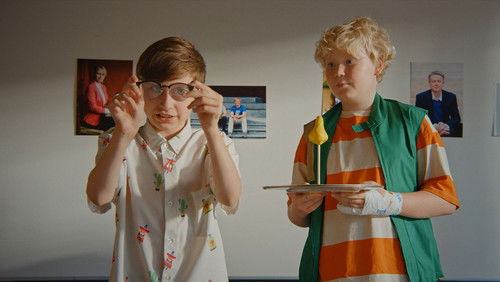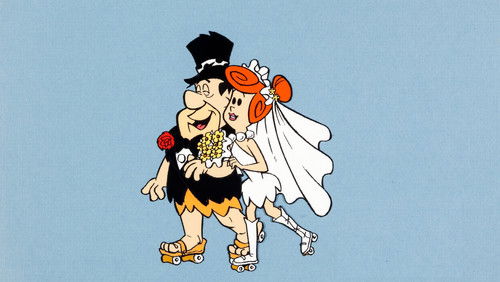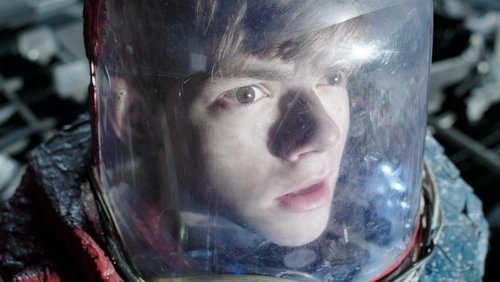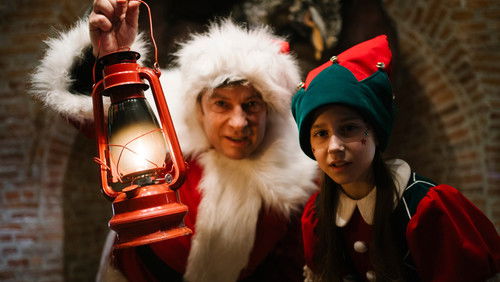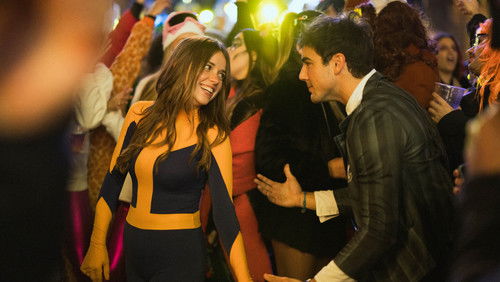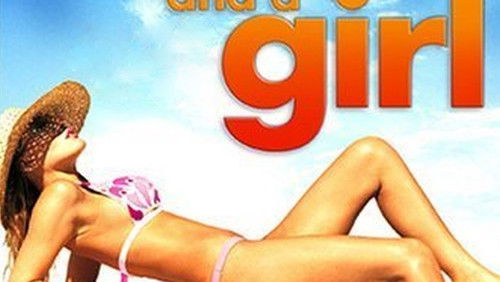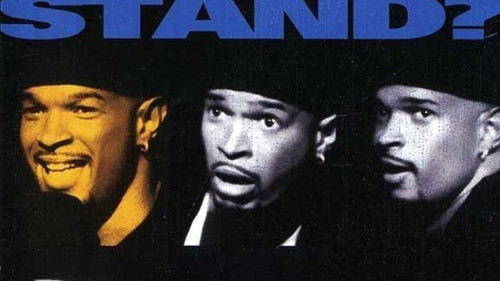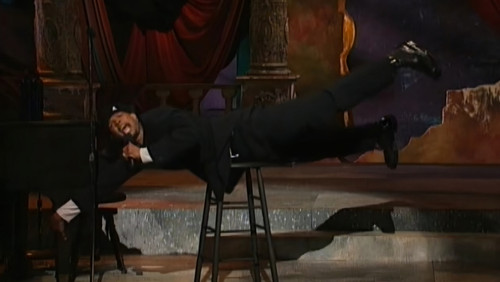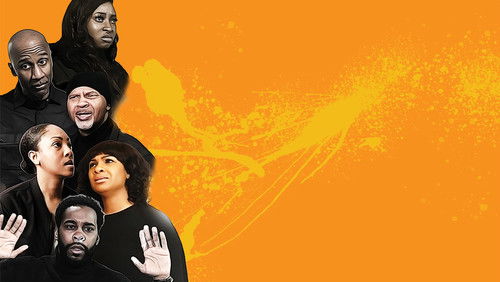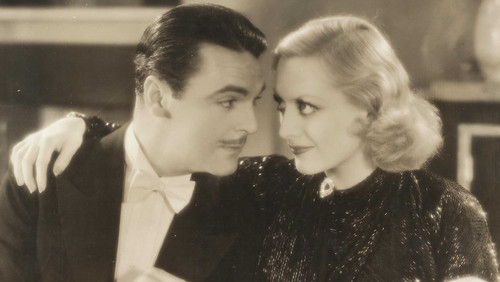Les Tuche (2011)
41KLes Tuche (2011). 1h 35m | Not Rated
“u0026quot;People of the North have in their eyes the blue lacking in their sky and in their heart the sun that forgot to shineu0026quot;u003cbr/u003eu003cbr/u003eThis beautiful poetry comes from Enrico Macias, a French singer with Algerian roots, in other words, a Mediterranean or the least likely background to pay tribute to the North. But the lyrics couldnu0026#39;t have a truer resonance as they are very evocative of all the traits characterizing one of the most underrated regions of France, where my wife was born and where my daughteru0026#39;s grandparents live: this is how connected I am to it anyway. And naturally, when she watched the u0026#39;Tuchesu0026#39;, she found the portrayal of Northern people spot-on. The film clearly mocks all the archetypes, most would only appeal to French audience, but to use an old cliché, we donu0026#39;t laugh at the Tuches, but with them.u003cbr/u003eu003cbr/u003eThe Tuches is the closest French family to the concept of the Beverly Hillbillies, as North can be considered as Franceu0026#39;s u0026#39;Midwestu0026#39;. North is the area whose only hills were made of coal mines and the setting of Emile Zolau0026#39;s unforgettable u0026quot;Germinalu0026quot;. A singer from the North, the late Pierre Bachelet, sung u0026quot;In the North, there was the mining village, in the North, there was coalu0026quot;, the song is the hymn of the region, even more poignant after the 80u0026#39;s crisis and subsequent deindustrialization increased unemploymentu0026#39;s stats. North ultimately became synonym of economical crisis, fittingly conveying that grayness spilling over the sky, to be erased with some sun in hearts and fun in bars. u003cbr/u003eu003cbr/u003eThe film starts with an exhilaration of that lively North touch, or Tuche theyu0026#39;re poor, they have no jobs, no future, but they enjoy the present. The father is Jean-Paul Rouve, a former comedian who used to mock the North accent and didnu0026#39;t seem to pull much an effort to incarnate a mechanic and occasional soccer coach. Isabelle Nanty is the caring and loving housewife and the number-one-fan of Princess Stéphanie of Monaco. The actress contradicts Maciasu0026#39; song, in a good way, as Iu0026#39;m not sure I saw a sky as blue as in her beautiful eyes. The rest of the cast includes the big brother spending his time in two sofas, a carsu0026#39; magazines in one hand, a remote control in another. The sister (of course named Stéphanie) idolizes Paris Hilton, which says enough about her IQ.u003cbr/u003eu003cbr/u003eThe strike of originality comes from the narrator, the familyu0026#39;s baby, a precocious child, named Donald. An odd name? Blame it on the nurse who called him a little ducky. By the way, names arenu0026#39;t that an issue in North, which is famous for being so impregnated by TV culture that youu0026#39;ll find many kids named after famous seriesu0026#39; characters, Cindy, Jessica, not to mention Dylan or Bradley. u0026quot;Social casesu0026quot; -as my wife calls them- love American names, and the u0026#39;Tuchesu0026#39; are no exception. Last but not least, thereu0026#39;s the lunatic gibberish-speéaking grandmother, played by Claire Nadeau (who still looks prettier than all the family members). The Tucheu0026#39;s lifestyle takes a new departure when they win the lottery and move to Monaco. A fitting choice since they owe their victory to the mother playing her birthdayu0026#39;s and Stephanieu0026#39;s numbers. u003cbr/u003eu003cbr/u003eI first thought that the Tuchesu0026#39; carelessness regarding money would kind of weaken the point of becoming rich, but since the set-up is established in the first five minutes, I knew we had to deal with a promising comedy of opposition, à la Frank Capra or Preston Sturges… expectations quickly meeting with disappointment. Apart from a few great moments, especially when Tuche father corrects the estate agent about his name (my wife was literally shoking from laughter) the filmu0026#39;s treatment is rather superficial, and is particularly revealing of French screenwritersu0026#39; dryness in inspiration. As usual, itu0026#39;s all about some one-liners here and there, some cute gags, but as far as story goes, thereu0026#39;s nothing to get you hooked and the treatment of some characters was too superficial to succeed whether on a comedic or a dramatic level. u003cbr/u003eu003cbr/u003eTake the Lebanese woman married with a workaholic businessman (who looked more like a Mafiosi). Naturally, Olivier Baroux (the director) didnu0026#39;t expect some audience to distinguish between a woman from Middle-East and the actress who was obviously from North Africa, just because people are Arabs doesnu0026#39;t make them look the same. That woman was a living cliché, showing that when an Arab woman is rich, she can drink, wear sexy swimsuits and fantasize on sexy lifeguards. Itu0026#39;s just as if the film tried to maliciously point out that only money can buy an Arab woman the freedom to act like a European, but still, sheu0026#39;s an Arab, hence taken care by her husband. Itu0026#39;s the same superficiality that undermined the credibility of u0026quot;The Italianu0026quot;, another social-ethnic-driven movie from the same director, and that took the wrong way, for liberalismu0026#39;s sake. u003cbr/u003eu003cbr/u003eAnd being liberal doesnu0026#39;t excuse shallowness. For instance, the brother Wilfred, was not too sure about his sexuality but couldnu0026#39;t express it because of his fatheru0026#39;s continuous u0026quot;we ainu0026#39;t fagsu0026quot; slogans. The revelation just seems like coming out of nowhere, with no tie whatsoever to the plot. You canu0026#39;t have a twist on such an uninteresting character. What the film should have done was to keep on focusing on the little one, and his partnership with the Arab father was one of these twists that worked. The film was capable of a goodness it ignored for the most part, a pity because the film had a heart and enough material to be a lovable fantasy, with some good deal of social commentary.u003cbr/u003eu003cbr/u003eThe ending brings us the obligatory u0026#39;money doesnu0026#39;t buy love and happinessu0026#39; but I guess itu0026#39;s easy to keep it natural when you know the bank account is safe, and can afford the blue and the sun that lacks in your setting. See, I wasnu0026#39;t too sure on the filmu0026#39;s punch line either.”
